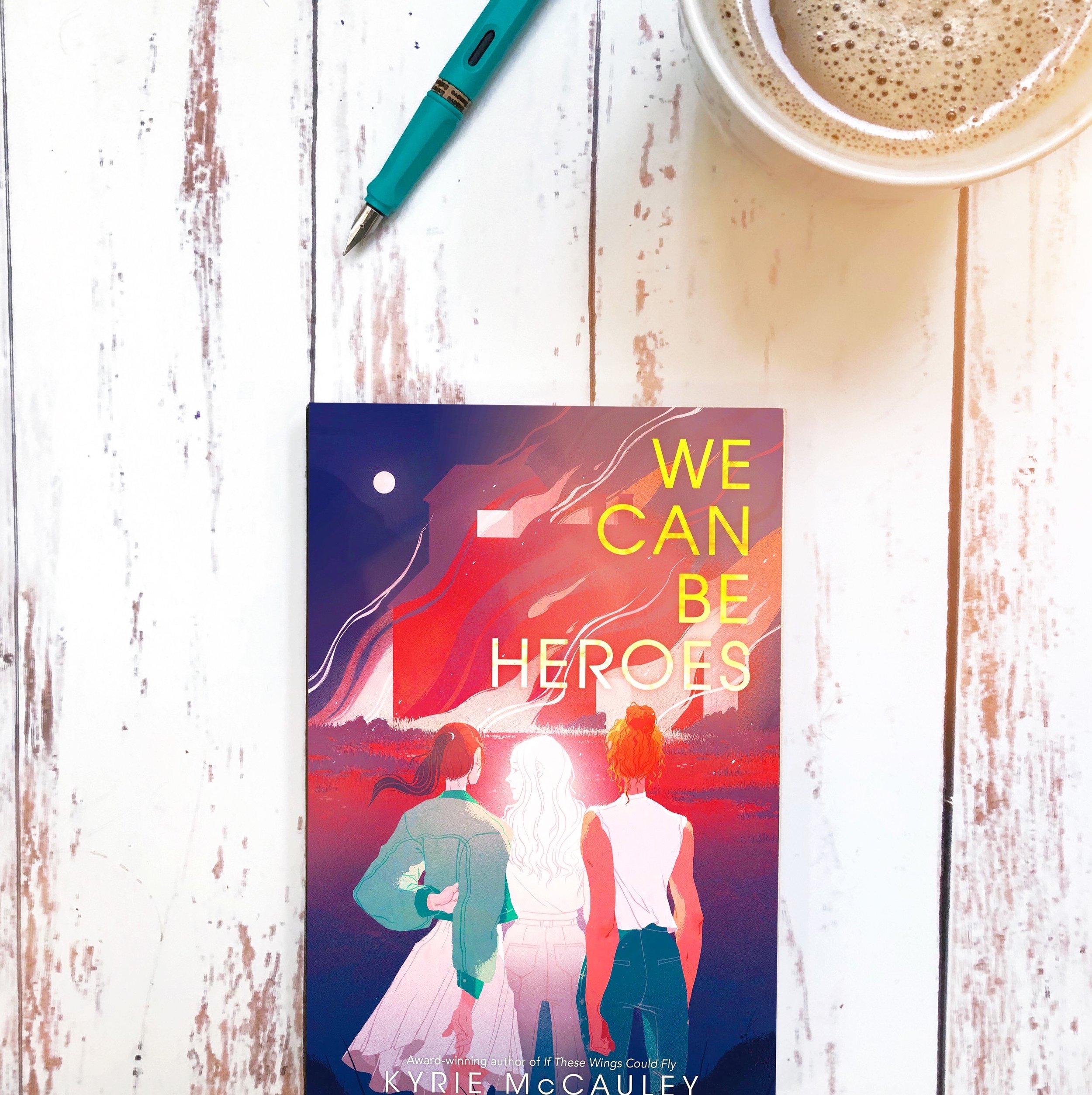New Books: Maresi
Here’s the set-up: In Maresi’s world, the Red Abbey is both a refuge and a resource for women seeking a better life. Within its women-only domain, girls study with the sisters, learning—among other things—healing, housework, and history, while following the Abbey’s seasonal rituals in honor of the Goddess.
When Maresi comes to the Abbey, she has a secret: When she was in the world, she saw the door made by the Crone, the goddess’s death aspect, just before her little sister starved to death. Every time she passes the Crone’s door in the Abbey, she shudders and tries to convince herself that it was just her imagination. Other than that, life at the Abbey is good—Maresi doesn’t find it easy to make friends with her fellow novices, but she can spend hours exploring the shelves of books in the House of Knowledge. Books are Marsei’s favorite thing in the world.
When Jai comes to the Abbey, a refugee fleeing for her life and so damaged by what’s happened to her that she can hardly speak, Maresi makes her first real friend. But Jai’s past is still following her, and before long, it will put all of the Abbey in danger—and force Maresi to come face-to-face with the goddess’s death aspect at long last.
This is deceptively simple fairytale story that builds slowly. The Red Abbey is vividly imagined—the intelligent, practical sisters approach the laundry with the same respectful reverence they give to their daily worship, and there’s much quiet celebration as each novice finds her calling and the sister who will help her follow it. The daily and yearly routine of the Abbey is built up so gradually and steadily that the reader feels as disrupted and upset as the Abbey’s novices when that peaceful existence is breached by outside violence.
I think a lot of fantasy stories lose me because of the way women get reduced to secondary characters in them, but that’s not the case here: In fact, I’d say that the men get short shrift in Maresi. They’re pretty one-dimensional villains, even though the author does try to make the point that not all of them are completely evil. (Just mostly.) Still, it doesn’t feel like she’s suggesting that all men are evil, just this particular vengeance-bound bunch bent on violating the sanctity of the Abbey. Maresi is a pleasantly well-rounded character—good at some things, bad at some things, kind sometimes, and cross sometimes. Her fear at being linked to the Crone feels real, and I was delighted with her in the moment when she realizes that her beloved library is as much a part of the Crone’s domain as the afterlife. Stories, after all, hold the dead, too.
There’s a confrontation at the end between the women of the Abbey and the attacking soldiers that’s pretty tense and definitely on the young adult side of the reading spectrum. (There is violence against women which makes sense in the context of the story but which is still violence against women.) The book is translated from the original Finnish, which gives it a hint of other-ness that I think works really well for a fantasy world, but I know some readers can find that off-putting. All in all, I found Maresi a pleasant surprise: A feminist fantasy with strong, believable characters and great world building.













AMY SHARONY is the founder and editor-in-chief of home | school | life magazine. She's a pretty nice person until someone starts pluralizing things with apostrophes, but then all bets are off.